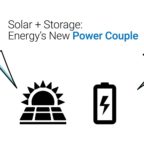
NREL analysis shows adding more solar to the grid can increase the ability of battery-based energy storage to support peak electricity demand. In other words, the technologies work better together than they do alone.
View this complete post...







John Hennessy III,
P.E.


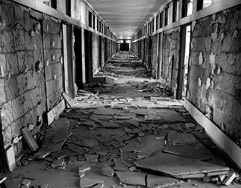
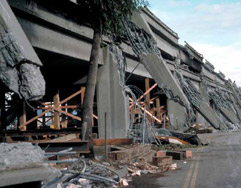
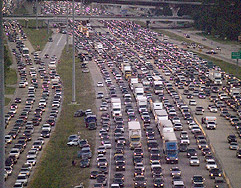

NREL analysis shows adding more solar to the grid can increase the ability of battery-based energy storage to support peak electricity demand. In other words, the technologies work better together than they do alone.
View this complete post...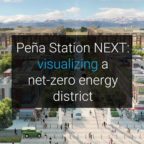
Learn how NREL researchers are using advanced modeling and visualization tools to help create the planned net-zero energy district, Peña Station NEXT, near the Denver International Airport in Denver, Colorado. This project will result in tools for smart city design that can be applied across the country.
View this complete post...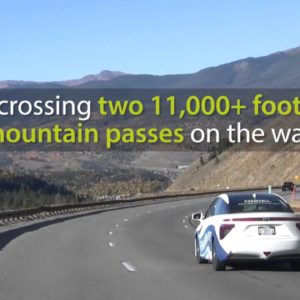
Recently, researchers at the National Renewable Energy Laboratory wanted to know, how well does NREL’s hydrogen infrastructure support fueling multiple fuel cell electric vehicles (FCEVs) for a day trip to the Rocky Mountains? The answer-great! NREL staff took FCEVs on a trip to demonstrate real-world performance and range in high-altitude conditions. To start the trip, drivers filled three cars at NREL’s hydrogen fueling station. The cars made a 175-mile loop crossing two 11,000+ foot mountain passes on the way. Back at NREL, the cars were filled up with hydrogen in ~5 minutes and ready to go again.
View this complete post...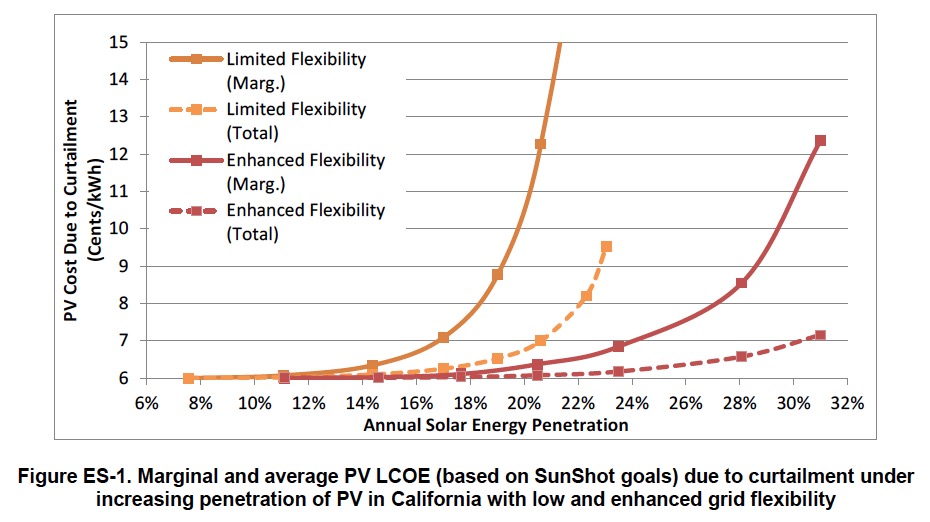
Achieving the U.S. Department of Energy’s SunShot Initiative cost targets could greatly accelerate deployment of grid-integrated solar technologies. Global experience with increasing amounts of wind and solar on power systems has shown that variable generation resources can be integrated into the grid at penetrations well beyond current capacity. However, the prospect of dramatically increased photovoltaic (PV) deployment requires detailed examination to ensure that high-penetration solar technologies will provide their intended benefits, including reducing fossil fuel use and reducing the conventional capacity needed for reliable service.
View this complete post...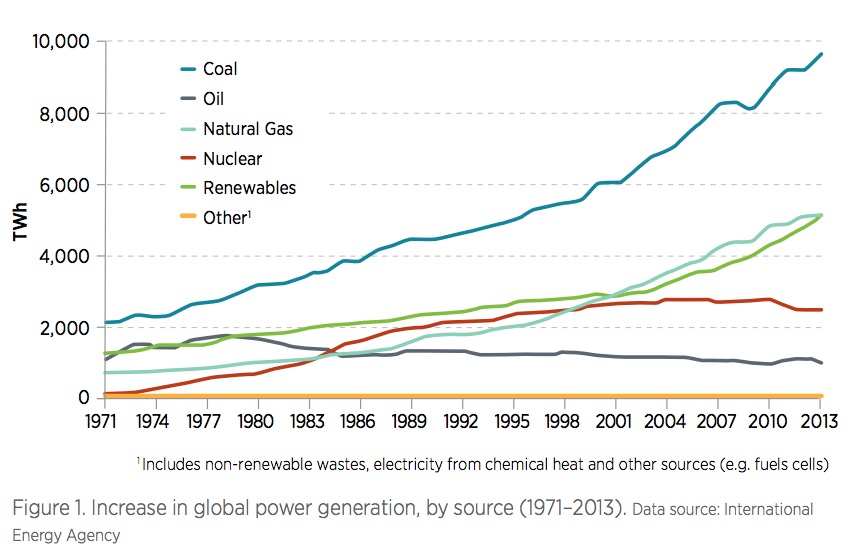
CLEAN ENERGY MANUFACTURING ANALYSIS CENTER
In 2015, CEMAC focused on four technologies: solar photovoltaic modules, wind turbines, automotive lithium-ion batteries, and carbon fiber. The studies on these technologies are summarized in the following section. During these more detailed analyses of our inaugural year, we gained preliminary insights into clean energy manufacturing overall; specifically related to its adaptation to global economic dynamics and the factors influencing the location of manufacturing facilities in a global world.
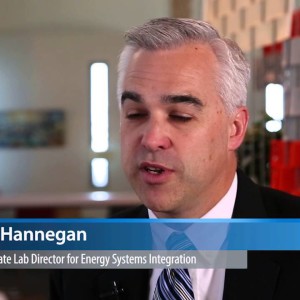
Watch how NREL researchers are using the unique capabilities of the Energy Systems Integration Facility (ESIF) to develop technologies that will help the “smart” homes and buildings of the future perform efficiently and communicate effectively with the electricity grid while enhancing occupants’ comfort and convenience.
View this complete post...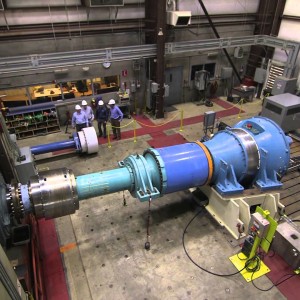
As part of the Small Business Vouchers (SBV) Pilot to help advance the clean energy economy, DOE’s Office of Energy Efficiency & Renewable Energy (EERE) is funding up to $20 million worth of vouchers to eligible small businesses. These vouchers allow businesses to access world-class researchers, facilities, and expertise at national laboratories across the country. The Wind and Water Power Program at NREL is well positioned to work for small businesses both as part of and outside of the SBV. This video, featuring Dr. Robert Thresher, presents NREL’s experience and capabilities in supporting small businesses in both the wind and water power sectors.
View this complete post...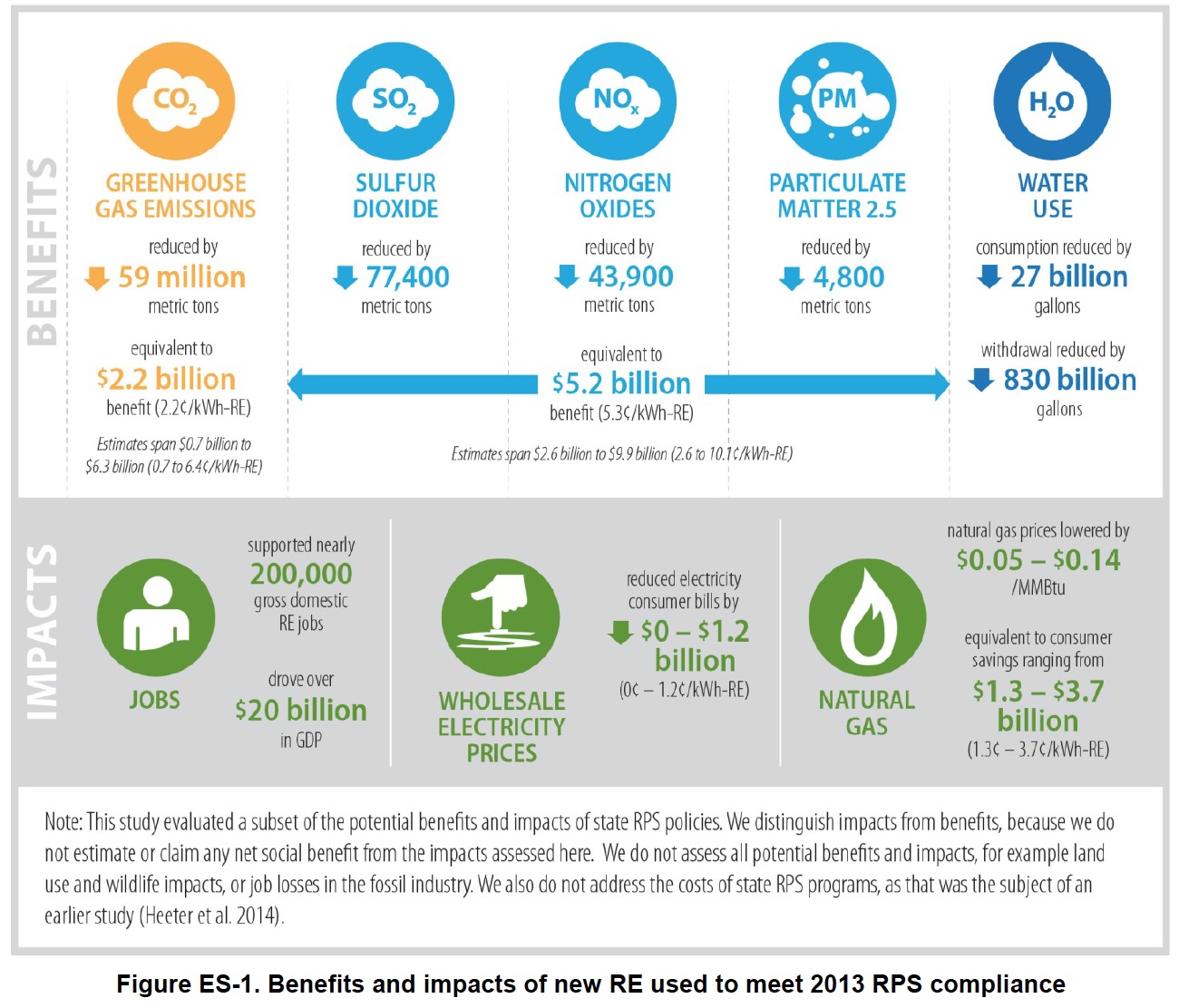
NATIONAL RENEWABLE ENERGY LABORATORY (NREL)
State renewable portfolio standards (RPS) currently exist in 29 states and Washington, D.C. Most of these policies, enacted largely during the late 1990s and 2000s, will reach their terminal targets within the next decade. As states consider extending, eliminating, or otherwise revising existing RPS programs, or developing new ones, increasing attention is being paid to the costs, benefits, and other impacts of these policies.
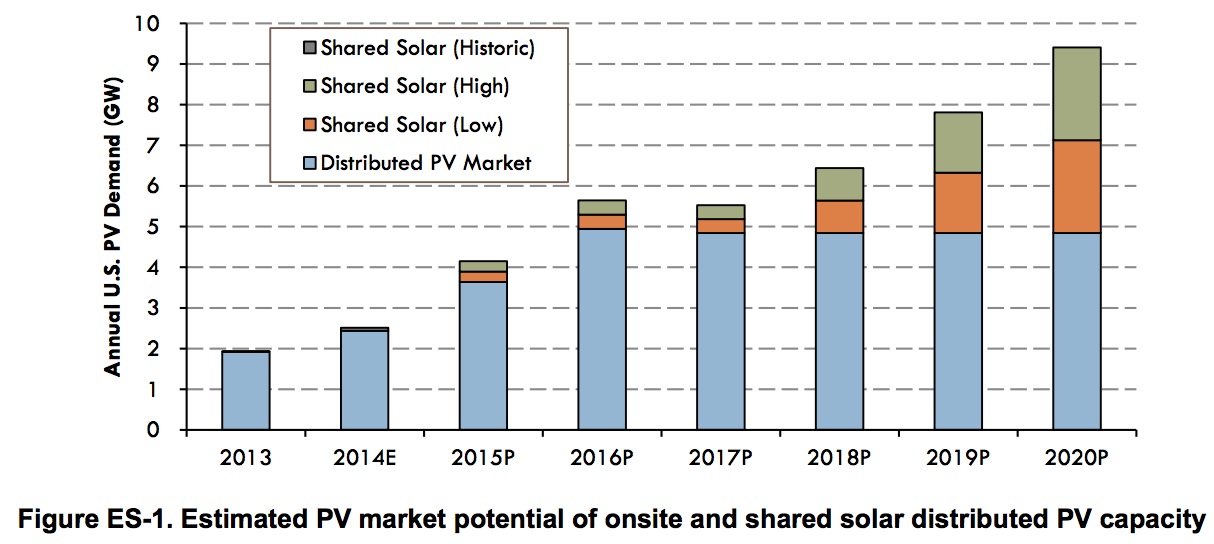
NATIONAL RENEWABLE ENERGY LABORATORY
This report provides a high-level overview of the current U.S. shared solar landscape and the impact that a given shared solar program’s structure has on requiring federal securities oversight, as well as an estimate of market potential for U.S. shared solar deployment. Shared solar models allocate the electricity of a jointly owned or leased system to offset individual consumers’ electricity bills, allowing multiple energy consumers to share the benefits of a single solar array. Despite tremendous growth in the U.S. solar market over the last decade, existing business models and regulatory environments have not been designed to provide access to a significant portion of potential PV system customers.
Follow InfrastructureUSA
Video, stills and tales. Share images of the Infra in your community that demands attention. Post your ideas about national Infra issues. Go ahead. Show Us Your Infra! Upload and instantly share your message.
Is the administration moving fast enough on Infra issues? Are Americans prepared to pay more taxes for repairs? Should job creation be the guiding determination? Vote now!
What do the experts think? This is where the nation's public policy organizations, trade associations and think tanks weigh in with analysis on Infra issues. Tell them what you think. Ask questions. Share a different view.
The Infra Blog offers cutting edge perspective on a broad spectrum of Infra topics. Frequent updates and provocative posts highlight hot button topics -- essential ingredients of a national Infra dialogue.
It is encouraging to finally see clear signs of federal action to support a comprehensive US infrastructure investment plan.
Now more than ever, our advocacy is needed to keep stakeholders informed and connected, and to hold politicians to their promises to finally fix our nation’s ailing infrastructure.
We have already engaged nearly 280,000 users, and hoping to add many more as interest continues to grow.
We require your support in order to rise to this occasion, to make the most of this opportunity. Please consider making a tax-deductible donation to InfrastructureUSA.org.
Steve Anderson
Managing Director
SteveAnderson@InfrastructureUSA.org
917-940-7125